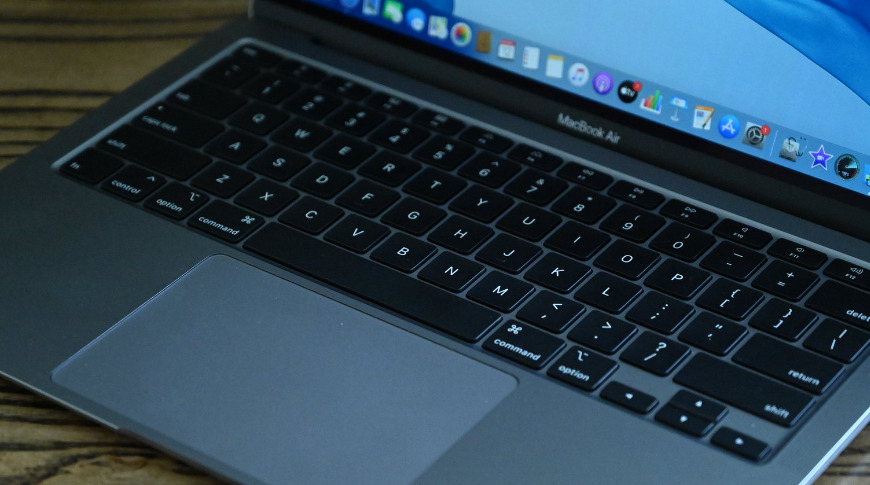In a report about the implications for the supply chain of Apple's move away from Intel, well-regarded analyst Ming-Chi Kuo says that specific components required to build the first Apple Silicon Macs — like the rumored 24-inch iMac — will initially cost the company more.
Following the announcement that Apple is moving its Mac range to Apple Silicon, analyst Ming-Chi Kuo has been examining the expected new demand, plus its impact on suppliers to the company.
In a research note seen by AppleInsider, Kuo says that the shift to Apple Silicon has some additional costs. "Due to design changes, the unit price will increase," Kuo claims. It appears that Kuo is specifically talking about both the cost to Apple for the design effort for the shift and costs borne by suppliers.
It's not yet clear what this will ultimately mean for the consumer. Apple may choose to pass on the greater costs to buyers, but it's equally likely that the cost saving in not buying Intel processors will offset it.
Kuo has discussed the 24-inch iMac redesign previously. In a note just prior to WWDC, Kuo said that the Apple Silicon iMac will use an "all-new form factor design," with a 24-inch display. Besides the Apple Silicon version, Kuo is also predicting an Intel version to ship prior to that transition.
Kuo slightly missed his estimate on how long the migration would take. While Apple CEO Tim Cook said that the transition would take about two years, Kuo said that "we estimate that all Mac models will switch to ARM in 12-18 months," said Kuo, adding an "all-new form-factor design MacBook" model will head into mass production in the second half of 2021.
Elsewhere in the same research note published very early Tuesday morning, Kuo says that he expects consumer Apple demand to rise over the second half of 2020, before the Apple Silicon Macs start arriving.
"Benefiting from the need to work from home," he says, "we have increased the MacBook shipment forecast in 3Q20 by about 30%. Due to increased demand for work from home and demand for MacBook Air, 2H20 shipments are better than expected, so we expect MacBook shipments to grow by about 15% in 2020 to YoY to 16-16.5 million units."
"Our latest survey indicates that Magic Keyboard demand is expected to increase by 10-20% due to better than expected 2H20 shipments," he continues.
 William Gallagher
William Gallagher







-m.jpg)






 Chip Loder
Chip Loder
 Mike Wuerthele
Mike Wuerthele
 Malcolm Owen
Malcolm Owen

 Amber Neely
Amber Neely




-m.jpg)






32 Comments
So, as predicted, these new machines will cost customers more, too. No surprise.
Of course, the new Apple Silicon computers will cost more! The Intel prices are pretty high but Apple had pay Intel for the processors! Apple pays a license fee to ARM in Japan and pays TSMC to build the chips! It will be more expensive despite everybody dreaming of lower costs! Apple wants everything proprietary and hence perceived control but I believe that will hurt them like it hurt Sony years ago!